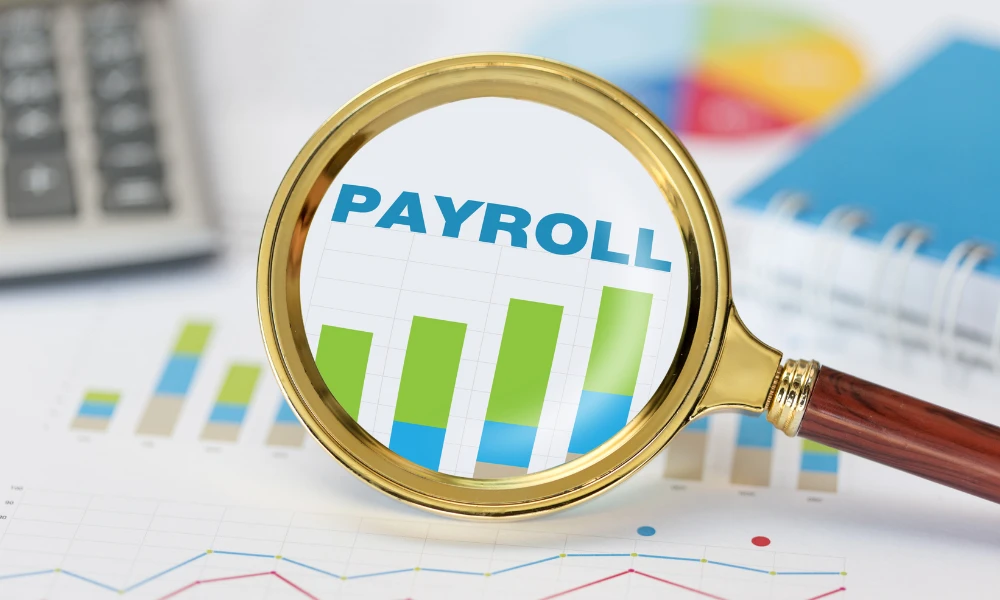
As a business owner, part of the job is managing a lot of different records. From tax records to accounting records, it can be quite a bit to keep up with. And when you hire employees and become an employer, it adds employee payroll records into the mix.
Read on to learn all about payroll records, what they include, and how to keep payroll records.

Payroll records are documents that have anything to do with paying an employee. In Australia, employers must keep payroll documents and records for every employee.
As an employer you’re legally required to keep some employment records for 7 years, such as:
Organising your payroll records can make it easy to find information when you’re in a rush. Instead of searching through a bunch of files to find payroll info for employees, you can easily access all of the documents you need in one place.
While not all employee records have to be kept, it is best practice to keep other records to provide a full employment history. These include:
Payroll recordkeeping also helps make sure your employees’ payroll processing records are secure. Payroll records contain a lot of sensitive and confidential information (e.g., tax file number, contact info, medical records, addresses, etc.). So, it’s crucial to keep payroll documents separate from other employment information and limit who has access to them.
So, what should be in an employee’s payroll file? Well, there’s a lot of documents that you should store for safekeeping. But here’s the general rule of thumb: If something helps you run payroll for an employee, put it in the payroll file.
Generally, here are the documents you should include in each employee’s payroll record:
There are a couple of different ways you can store payroll documentation. Depending on your preferences, you may decide to:
You can electronically store employee payroll documents on your computer, smartphone, or tablet or by using payroll or HR software. If you store information digitally, make sure to you have uploaded it to a cloud drive in case your device or software crashes. And, use a secure software or digital filing method to store your employee documents.
If you decide to go the paper copy route, make sure to keep records in a secure location, such as a locked filing cabinet. Keep records organized by using folders and files. And, have backup records just in case something happens to the original files. Regardless of which method you choose, only allow authorized people (e.g., managers) to have access to employee payroll records. Should you outsource your payroll ?
Outsourcing payroll processing will let you focus on your company’s core operations while the hired experts handle payroll management and taxes.
When you want your company to grow, it is important to to focus on the core competencies of your business and not on back-office operations that take up your precious time. Tested and trusted payroll systems will provide you with the scope and capacity that you require without the aggravation of regularly changing payroll processes and systems to meet the demands of an expanding operation.
Reach out to James and Sheridan to discuss streamlining your payroll and keeping complaint today on 03 9087 7889, we can advise and implement a payroll system and manage it entirely on your behalf, or just help you when you need it!


Website Designed by Section Media